RIM unleashes PlayBook OS 2.0
PlayBook OS 2.0 comes with plenty of shiny features, but is it too late to save the tablet?
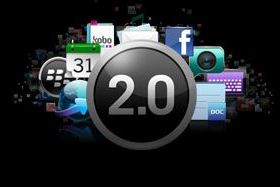

The second major iteration of RIM's PlayBook operating system was released today, bringing features many would have liked to have seen in the first version.
In particular, an integrated email client has been added in PlayBook OS 2.0, allowing users to lump all their emails together in one place, as well as messages from social media sites like Facebook and Twitter.
Calendar and contacts applications also bring in data from social media, so users can tie all valuable information into a single app.
Those with BlackBerrys can use their phone to link up with their PlayBook via Bluetooth, syncing content between the two so content is viewable on a larger screen.
Half a year (thinking optimistically) in the smartphone space is an eternity.
A remote control feature allows a BlackBerry smartphone to be used as a wireless keyboard and mouse for the PlayBook.
There's also support for Android apps repackaged for sale in BlackBerry AppWorld, addressing some concerns over the quality of software available for RIM's tablet.
Get the ITPro daily newsletter
Sign up today and you will receive a free copy of our Future Focus 2025 report - the leading guidance on AI, cybersecurity and other IT challenges as per 700+ senior executives
PlayBook users can download the software today, free of charge.
"Building on the BlackBerry PlayBook tablet's proven web browsing, multimedia and multitasking strengths, the new BlackBerry PlayBook OS 2.0 introduces a range of new communications and productivity enhancements as well as expanded app and content support," said David Smith, senior vice president for mobile computing at RIM.
As for business support, RIM also made an initial release of BlackBerry Mobile Fusion available today. It gives IT managers a single web-based interface to provision, audit and protect BlackBerrys and PlayBooks, as well as iOS and Android devices.
The general release of Mobile Fusion is scheduled for late March 2012. iOS and Android functionality is expected at some point later in the year.
Craig Cartier, analyst for ICT practice at Frost & Sullivan, wondered whether it was "too little, too late" for RIM, but was positive about the potential impact of the PlayBook 2.0 release on RIM's fortunes.
"The Playbook updates are sorely needed, and should have a positive effect on both Playbook sales and RIM's brand perception. And the brand will need that boost, as the new Playbook software seems to be the only major update coming from RIM until the much anticipated (and much delayed) Blackberry 10, due in the latter part of 2012," Cartier said.
"Half a year (thinking optimistically) in the smartphone space is an eternity, however. Nokia can attest to the detriment of idle time during a market share slide, as their own struggles with the Symbian platform and new Microsoft partnership have left this other traditional market leader far behind in the smartphone era."
RIM has struggled to sell PlayBooks. In December, the company revealed it had sold around 150,000 tablets in the third quarter ending 26 November, down from 200,000 in the previous quarter.
At the time, the mobile maker warned it would fall short of its financial targets, partly because of the weak PlayBook performance.
A price drop in the UK and elsewhere may help it post better figures next time around.
Tom Brewster is currently an associate editor at Forbes and an award-winning journalist who covers cyber security, surveillance, and privacy. Starting his career at ITPro as a staff writer and working up to a senior staff writer role, Tom has been covering the tech industry for more than ten years and is considered one of the leading journalists in his specialism.
He is a proud alum of the University of Sheffield where he secured an undergraduate degree in English Literature before undertaking a certification from General Assembly in web development.
-
 Bigger salaries, more burnout: Is the CISO role in crisis?
Bigger salaries, more burnout: Is the CISO role in crisis?In-depth CISOs are more stressed than ever before – but why is this and what can be done?
By Kate O'Flaherty Published
-
 Cheap cyber crime kits can be bought on the dark web for less than $25
Cheap cyber crime kits can be bought on the dark web for less than $25News Research from NordVPN shows phishing kits are now widely available on the dark web and via messaging apps like Telegram, and are often selling for less than $25.
By Emma Woollacott Published
-
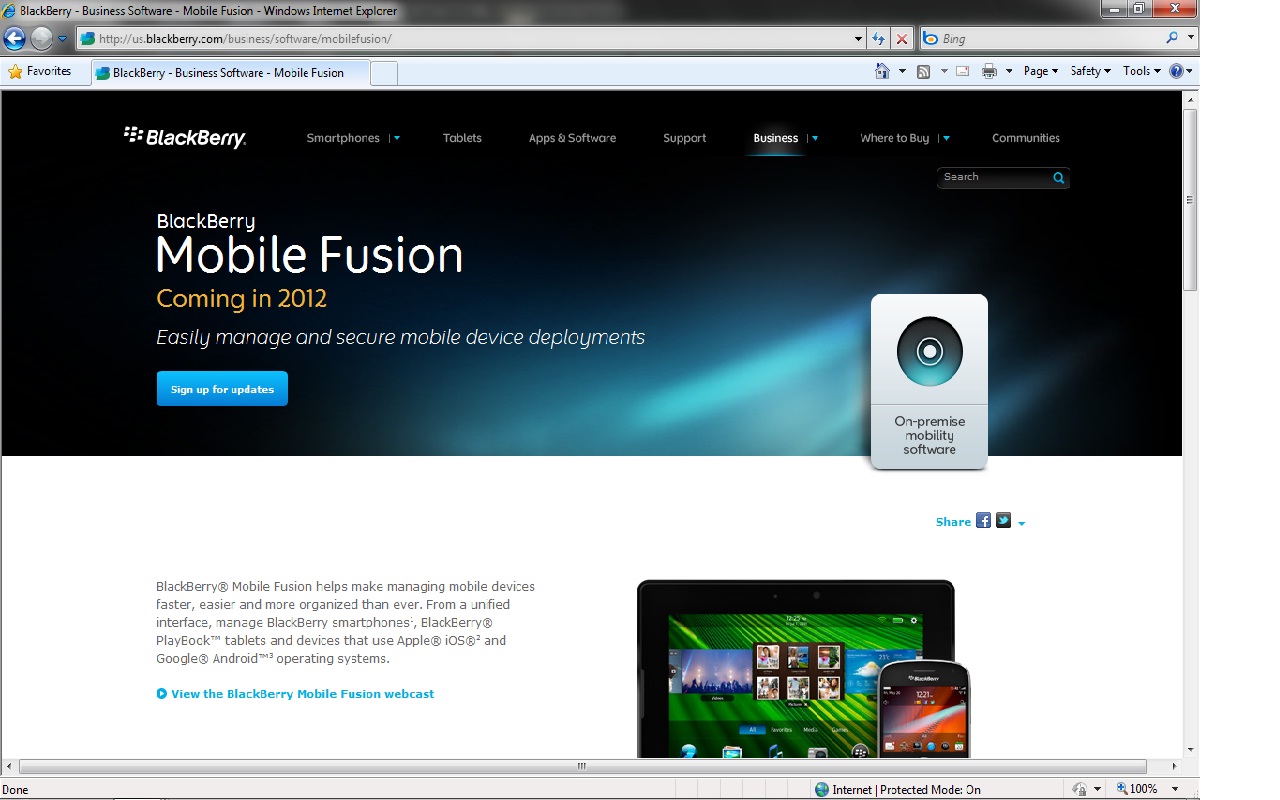 Q&A: All about BlackBerry Mobile Fusion
Q&A: All about BlackBerry Mobile FusionIn-depth We spoke to Tim Hodkinson, RIM's director of enterprise marketing for Europe, the Middle East and Africa (EMEA) about the company's latest announcement and what it means for businesses.
By Maggie Holland Published
-
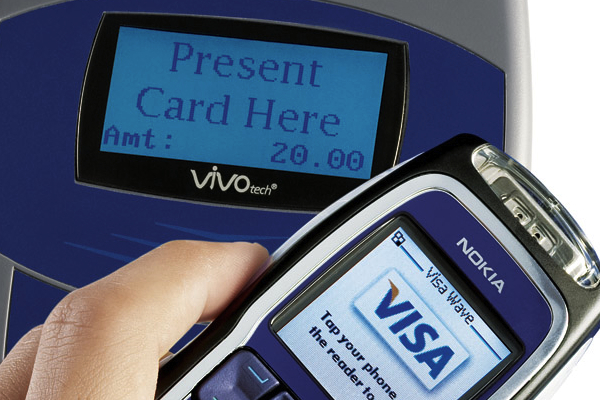 Touch and go
Touch and goIn-depth NFC is already making its presence felt for payments. But could it have wider business uses, asks Paul Briden?
By Paul Briden Published
-
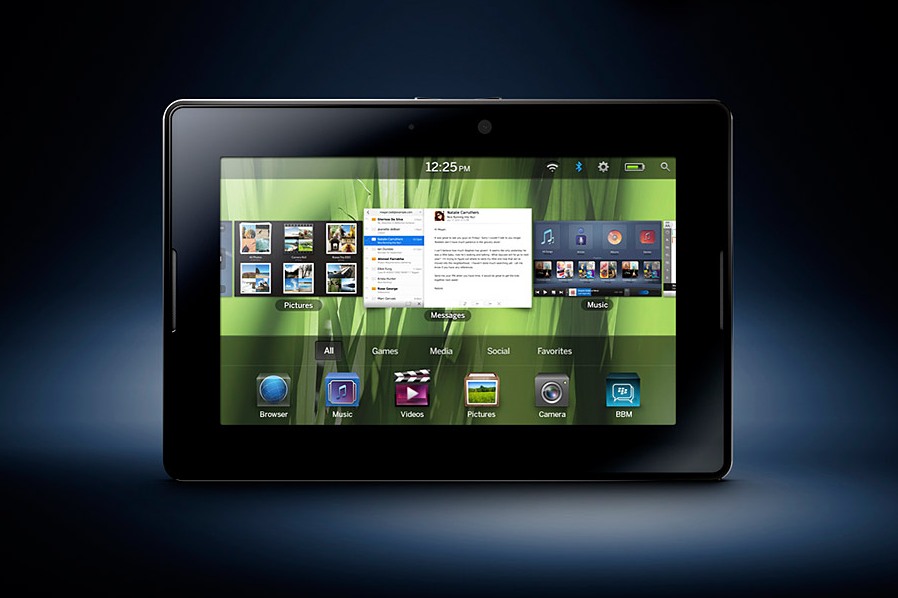 Playbook to sync with Office 365
Playbook to sync with Office 365News RIM’s tablet device delves deeper into the corporate market with the inclusion of Microsoft’s upcoming cloud suite.
By Jennifer Scott Published
-
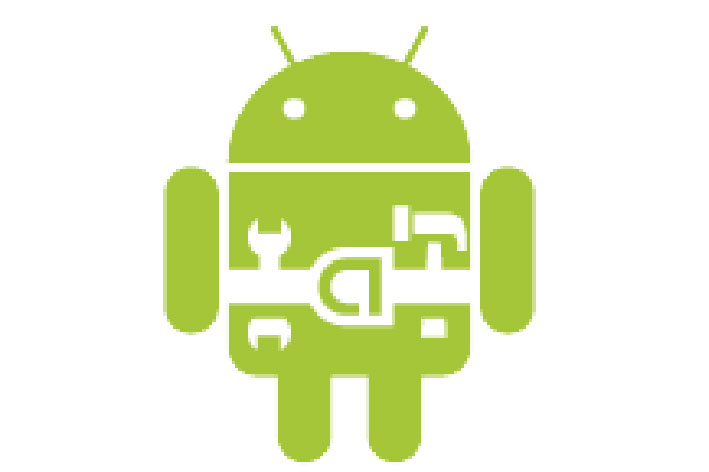 Android 'vying for top spot' by 2014
Android 'vying for top spot' by 2014News Android will be one of the top two operating systems by 2014, according to Gartner.
By Tom Brewster Published
-
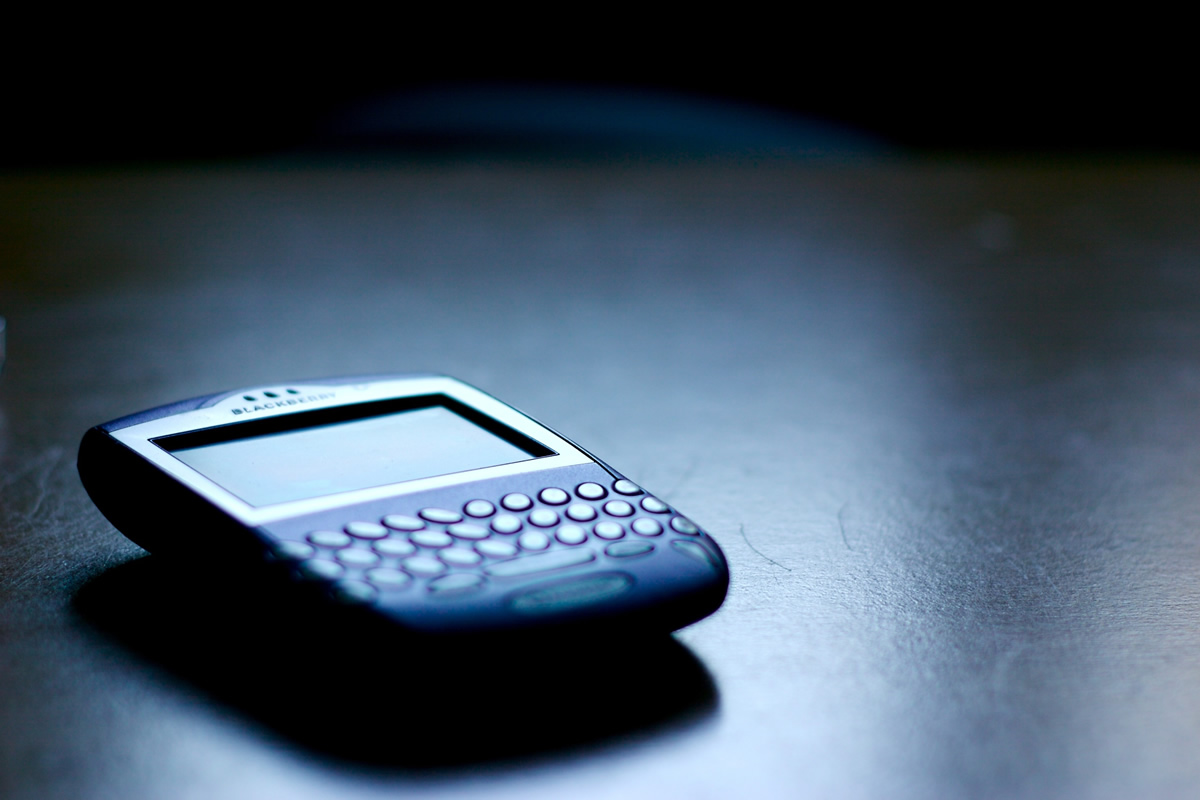 RIM shines light on browsing with Torch Mobile acquisition
RIM shines light on browsing with Torch Mobile acquisitionNews BlackBerry maker RIM has acquired mobile web development company Torch Mobile.
By Maggie Holland Published
-
 Week in Review: Google and the problem of the drunken email
Week in Review: Google and the problem of the drunken emailNews We also look out why XP will just not die, RIM just keep rolling out the gadgets and we may have just moved into the age of unbreakable encryption.
By Asavin Wattanajantra Published
-
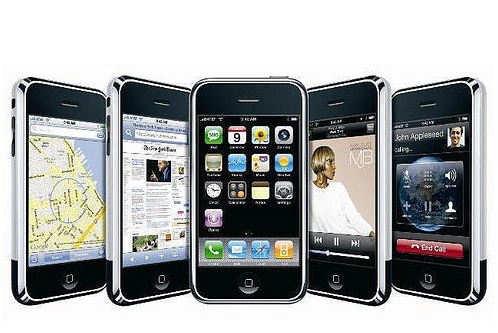 Analysis: Five security tips for smartphones in the enterprise
Analysis: Five security tips for smartphones in the enterpriseNews The technology of today’s smartphones is going to put more pressure on IT departments, and IBM has released advice about how administrators can cope.
By Asavin Wattanajantra Published